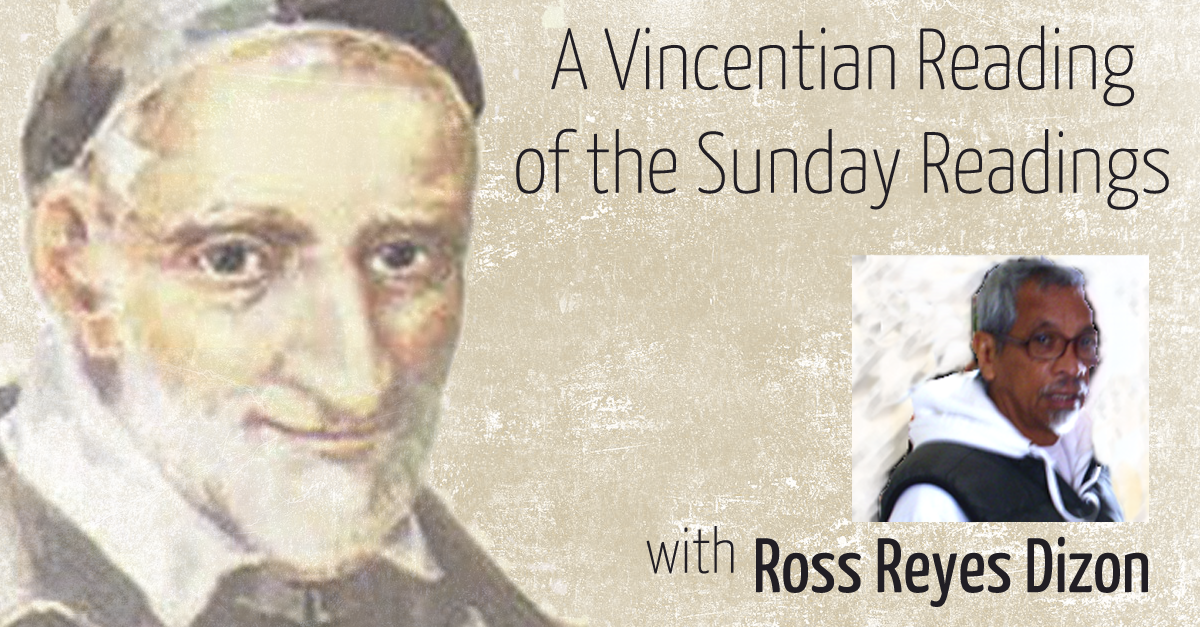Jesus guides our feet into the way of the Kingdom of God.
Great crowds follow Jesus who is on his way to Jerusalem. But quality is more important to him than quantity. Hence, he lays out his demands in a disconcerting way.
First, Jesus demands that those who seek membership in his big family hate their family members and their own lives. It is not that he rejects family ties and self-esteem. Were he rejecting these, he would not use them to highlight his precedence over everything and everyone. The superlative degree implies the positive and comparative degrees. Moreover, to have family ideals that apply to the big Christian family supposes some experience of such family value as the love that is intimate, supportive, respectful, understanding, unconditional, fair and humanizing.
Jesus, then, does not break up the human family. His point is that we must put nothing and no one ahead of him. He himself lives up to his teaching, “Seek first the Kingdom of God and his righteousness.” That is why he serves as a model for us all. He is the way that leads to the Kingdom.
Secondly, Jesus urges us not to have illusions about discipleship. To be a disciple is to suffer the same fate as the one who is on his way to where sufferings and the cross await him.
Since Jesus promotes justice, mercy and faithfulness, the powerful persecute him and condemn him to death. They will likewise persecute disciples who do as Jesus. Disciples will run afoul of the authorities and will end up receiving the death sentence.
Disciples’ personal crosses refer literally, then, to the death penalty. We who enjoy today religious freedom, however, understand the cross more metaphorically. But are our “metaphorical” crosses really comparable to the “literal” crosses of those who do not enjoy religious freedom?
Thirdly, Jesus adds that we must renounce all our possessions
Our possessions have value, of course. We can sell them to give to the poor, certain that the Father is pleased to give us the Kingdom and everything else. But they should not be objects of worship. And let us watch out, for greed is idolatrous; from it arise injustice, destruction of “our common home,” and all forms of enslavement and dehumanization.
Yes, Jesus invites us to renunciation. Giving his body up and shedding his blood, he exemplifies total renunciation and absolute readiness. He marks out for us the way of life and death “in the service of the poor … and in a real renunciation of ourselves” (SV.EN III:384). To follow him means to abandon the timid deliberations of mortals and to enter the eternal Kingdom. To take another way is to go nowhere and not to come to terms with the one who, crucified out weakness, is the strongest of all.
Show us, Lord, your way so that we may walk in your truth and live.
September 4, 2016
23rd Sunday in O.T. (C)
Wis 9, 13-18b; Philm 9-10. 12-17; Lk 14, 25-33






0 Comments